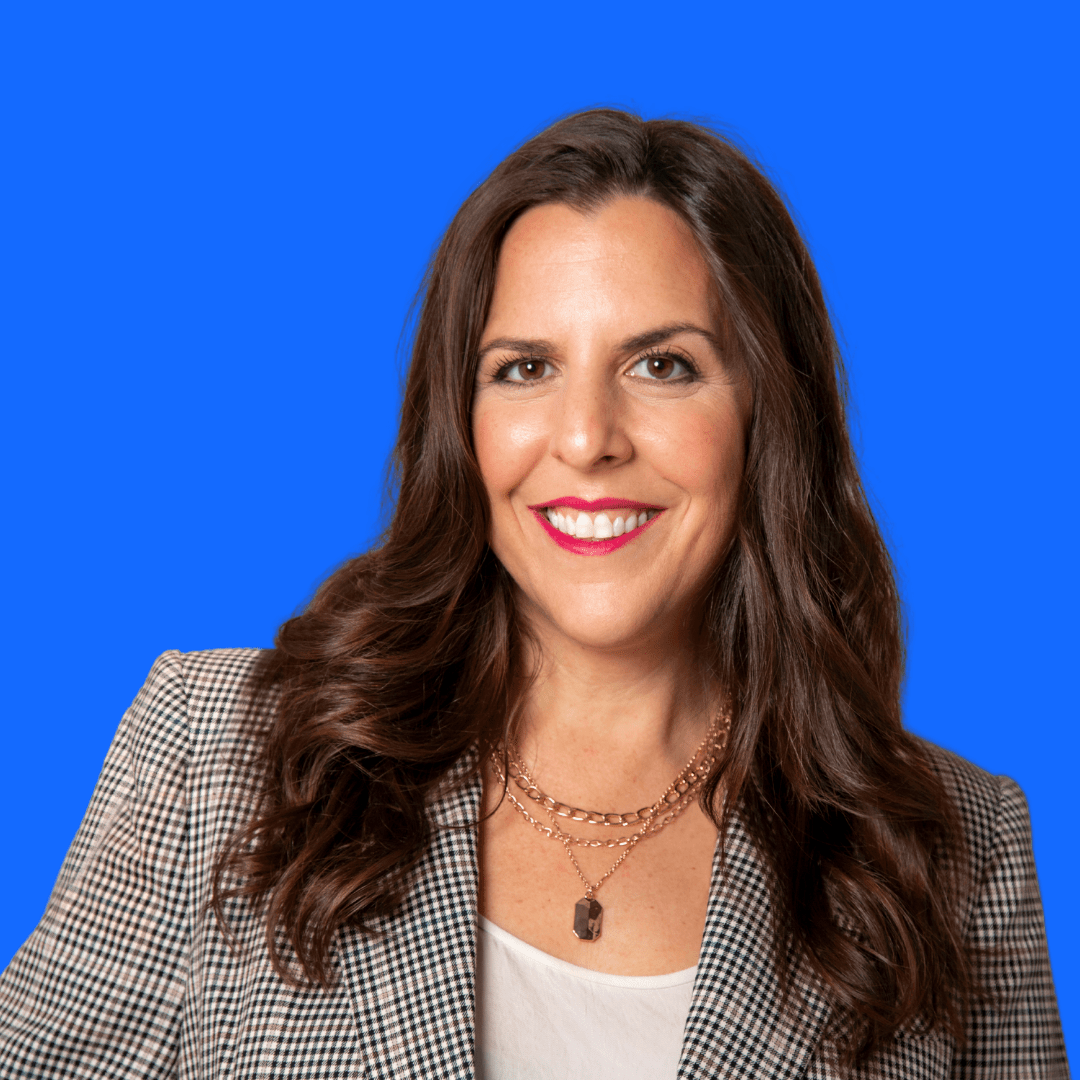The Crunchbase “Female Founder Series,” is a series of stories, Q&As, and thought-leadership pieces from glass-ceiling-smashers who overcame the odds, raised funding, and are now leading successful companies.
Margaret Hartigan is the founder and CEO of digital investment platform Marstone.
With seven-plus years of demystifying finance and pioneering the new era of investing under her belt, we asked Hartigan how she came to be the entrepreneur she is today.
In this Q&A, she shares how finance piqued her interest in the first place, why she started Marstone, lessons learned along the way, and her advice for other entrepreneurs looking to start a business in uncertain times.
Q: Did you always know you wanted to be an entrepreneur?
I’ve always been a problem-solver with an inherent interest in the markets: How different companies contribute to the economy, how products are developed, iterated and distributed, etc. While I didn’t always know I wanted to be an entrepreneur, I’ve always been focused on finding and implementing solutions that can simplify and improve our everyday lives.
Q: Why did you go into finance after college?
At Brown, I was actually a humanities major: I studied film, literature and philosophy, not finance and technology. But I did always have an interest in finance. My father is a financial adviser and my brother works in finance, so it’s always been familiar and of interest to me. There was a bit of uncertainty after the tech crash and I realized that I was good at taking complex ideas and translating them so they were accessible to lay people. This was the foundation of Marstone in some ways.
Q: What issues did you see in finance and investment in the first few years of your career?
The recession in 2008 had a major impact on my thinking. I realized many people, even affluent ones, lack financial literacy, and financial institutions need a way to better engage and serve a new generation of investors.
Q: What problems in the finance and investment fields were you trying to solve with Marstone?
I identified three challenges and developed Marstone to solve them: A lack of tools that humanize finance; antiquated systems that hinder engagement; and the lack of automated solutions to drive efficiencies.
Q: Did you feel welcome as a female founder in the fintech space?
It’s a tricky question. On one hand, I can say that I was never overtly treated poorly because I was a woman. And yet, on the other hand, I can confidently say that the lens I and my company were assessed through was often drastically different than the lens used for male founders in my space. I believe that it’s largely unconscious, but oftentimes, male founders are given the benefit of the doubt that they will figure out certain open questions, while minority founders might be asked to come back only after certain milestones are achieved before investment.
Unfortunately, what happens is the minority founder goes out, hits the milestones, and then comes back thinking he/she/them will get funding, only to be given a new set of requirements. As a result, the goalposts are constantly being pushed out, and some really fabulous ideas perish.
Again, I think it’s unconscious and I do think it’s getting better now that there are more female and minority networking and angel groups.
Q: How did you network, find communities and make the connections you needed to succeed?
Before I started the company, I spoke to tons of people in finance and technology to gauge interest and feedback on my idea. One of the things I discovered was how many people said they would love to have a platform like the one I wanted to create, but how unlikely it was to ever happen. People had resigned themselves to the belief that finance wouldn’t change. But even the people who were skeptical started introducing me to potential investors and partners, and from there it became sort of organic: I learned more and my needs and product became more refined.
Q: What is your advice for other female founders at the beginning of their entrepreneurial journeys?
The networks available to female entrepreneurs now are incredible—use them to your advantage. Whereas before there weren’t many tools or networks to support women at the start of their journeys, it’s changed tremendously and is much more collaborative and helpful. Organizations like NYC Fintech Women are a great example of groups that support female entrepreneurs and associates throughout their careers.
Q: What is the most valuable lesson you’ve learned as the founder of your own company?
Founding a company is hard. At first it’s fun and romantic, but as your path becomes more clear you’re able to see just how challenging the road ahead is. You have to be willing to try, fail, and try again to find success. Also, asking for advice and help is so important. People don’t know you need help or how to help if you don’t share what’s on your mind or challenging you.
Q: What is your advice for other entrepreneurs trying to scale their own company?
My advice to others is to choose your investors and boards carefully, and to take investment from philosophically aligned and patient investors. You will be in the fire at some point–are these the people who will be in the foxhole with you? You should be excited when you receive a call or text from them. If you’re not, it’s probably not going to work.
Q: Do you have a favorite quote or “personal mantra” you use to keep yourself motivated?
There are two: “always forward, rarely straight,” and “how you begin, is how you end up.” The first one is pretty straightforward but the latter refers to seemingly promising deals or relationships with friction upfront. You might wish and hope they right themselves, but rarely does that happen. Knowing when to change course and part ways is very important.
Q: What challenge are you most proud of overcoming in your career?
Believing in and betting on myself was absolutely the most terrifying thing I think I’ve ever done. Thanks to some less-than-constructive criticism I received early on, I thought that the list of reasons why I wouldn’t be successful or capable was far greater than the list of reasons why I would be. Overcoming the inner critic or transcending the egoic voice so that I could invest in myself and take the leap is the challenge I’m most proud of in my career.
The second, more specific to Marstone, would be the decision not to go direct-to-consumer. It was a huge blowback for me personally and financially, but I think the correct one in the long run.
Q: Any thoughts/advice for entrepreneurs in the current economic climate?
There is never a perfect time to launch a business so now is as good a time as any. Similarly, no matter what the climate is, it’s so critical and helpful to keep your overhead low. You find out pretty quickly as an entrepreneur that all the cliches are true: It takes longer than you think; the partner you start out with likely won’t be the one you end with; the product or strategy around which you build your company likely won’t be the ones you go to market with; it will take more money than you think; raising money takes a lot of time, etc. But for all of those cautions/truths, it’s been the most incredible education and journey, both personally and professionally.





